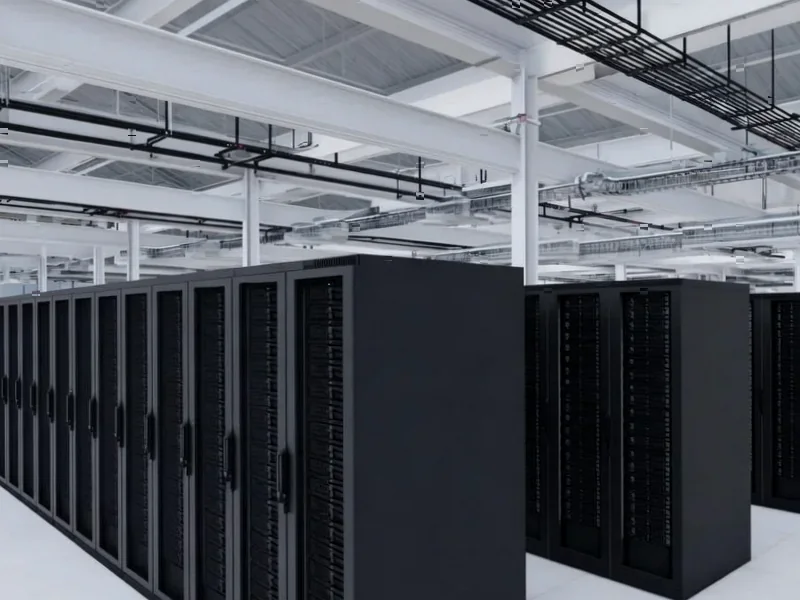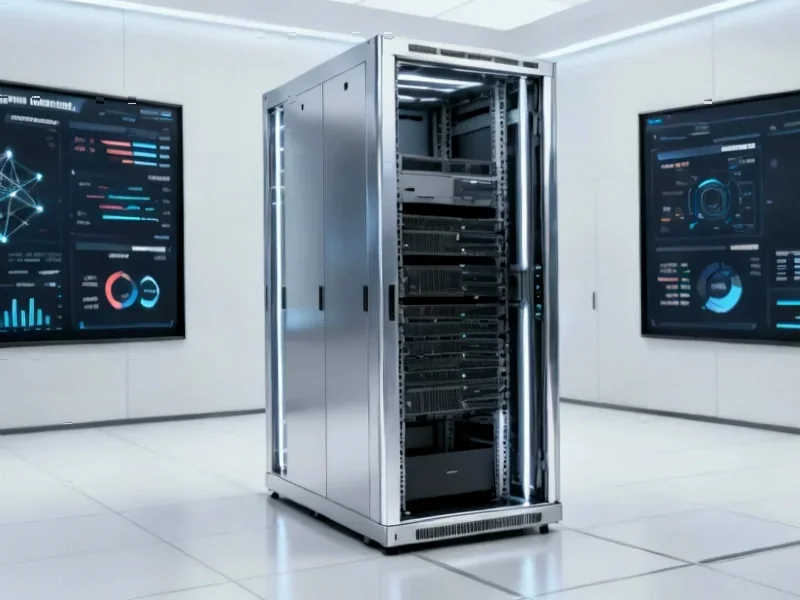According to Network World, Cisco is completely overhauling its customer experience approach with a new AI-powered system called Cisco IQ. The platform represents a fundamental shift from what senior vice president Bhaskar Jayakrishnan calls a “tool-centric model to an intelligence-centric one.” Cisco CX handles everything from network infrastructure planning to security, collaboration, and data center operations across the entire technology lifecycle. The company acknowledges that their current approach has been fragmented, with different tools for support and professional services leading to inefficient handoffs and manual processes. Cisco IQ aims to turn decades of institutional knowledge into what Jayakrishnan describes as a “living, adaptive system” through an API-first architecture serving customers, partners, and Cisco’s own teams.
The Fragmentation Problem Cisco’s Solving
Here’s the thing about enterprise technology services – they’ve become ridiculously complex. Cisco’s basically admitting that their own ecosystem has become a mess of disconnected tools. Different teams use different systems for planning versus implementation versus maintenance. And honestly, this isn’t just a Cisco problem – it’s an industry-wide issue.
When Bhaskar Jayakrishnan talks about humans interpreting designs and converting them into code manually, he’s describing a process that’s been broken for years. The constant context switching between tools means critical information gets lost at every handoff. It’s like playing telephone with your network infrastructure – by the time the message gets from planning to operations, it’s completely different.
What Cisco IQ Actually Means for Customers
So what changes with this intelligence-centric approach? Basically, Cisco’s betting that AI can do what humans and disconnected systems can’t – maintain context across the entire technology lifecycle. Instead of jumping between five different tools to understand why your network’s performing poorly, you’d have one system that understands everything from the initial design decisions to current operational data.
The API-first architecture is particularly interesting. This suggests Cisco’s thinking beyond just their own platform – they want this intelligence to integrate with whatever systems customers are already using. That’s smart, because nobody’s going to rip and replace their entire toolchain for one vendor’s AI solution, no matter how promising it sounds.
The Bigger AI Services Trend
Look, this isn’t just about Cisco getting their act together. We’re seeing this across the enterprise tech landscape – every major vendor is realizing that AI needs to be baked into the entire customer experience, not just bolted on as another feature. The days of selling hardware and software separately from services are ending.
But here’s my question: will customers actually trust these AI systems to make critical decisions about their infrastructure? There’s going to be a significant adoption curve, especially for organizations with complex, legacy environments. Cisco’s challenge isn’t just building the technology – it’s convincing enterprises to let AI drive their network strategy.
If Cisco pulls this off, it could fundamentally change how enterprises think about technology management. Instead of constantly fighting with disparate tools and manual processes, teams could focus on higher-value work. That’s the promise, anyway. The reality will depend on how well Cisco IQ actually delivers on turning decades of institutional knowledge into actionable intelligence.





Your point of view caught my eye and was very interesting. Thanks. I have a question for you.